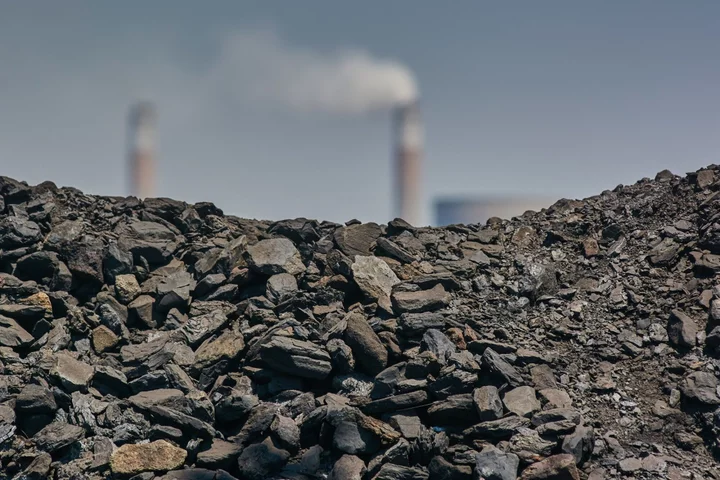A $9.5 trillion investor group that includes Allianz SE, Legal & General Plc and the California Public Employees’ Retirement System said greenhouse gas emissions enabled by its members’ lending and investment activities declined for the first time, albeit modestly.In its latest annual progress report published Wednesday, the Net-Zero Asset Owner Alliance said total absolute financed greenhouse gas emissions for its 86 members fell 3.5% to 213.4 million tons of carbon dioxide equivalent in 2022 from 221.2 million tons a year earlier.
While the decrease is small—7.8 million tons is equivalent to taking 1.7 million cars off the road for a year—the result “makes us believe our approach works,” NZAOA Chair Günther Thallinger said in an interview. “Real world emissions reduction isn’t only possible, it’s happening.”The decline was mainly driven by the pension funds and insurance companies’ push to persuade companies to develop transition plans and lower their carbon footprints, Thallinger said. Another contributor was asset owners prioritizing their allocations to the least carbon-intensive companies that operate in heavy-polluting industries such as steel. Divestment of companies had the smallest impact, and the most progress was recorded by firms that joined NZAOA in the early years of the alliance.The group, which was convened by the United Nations in 2019, started with six members and now has 86. The firms have all committed to eliminate their financed emissions on a net basis by 2050, with the goal of keeping global warming below 1.5C. So far, 69 investors with $8.4 trillion in assets under management have set intermediate climate targets based on a 1.5C scenario, the NZAOA said.
It remains unclear when—or if—those targets will be met. “We need the correct political and economic context to be successful,” Thallinger said.In some countries, for example, political support for the energy transition appears to be waning. Rishi Sunak’s government has said it will delay some green-energy policies, potentially undermining a UK pledge to achieve net zero by 2050. Germany’s governing coalition has watered down policies on home heating, while a Dutch effort to curb farming emissions has been fiercely opposed.

